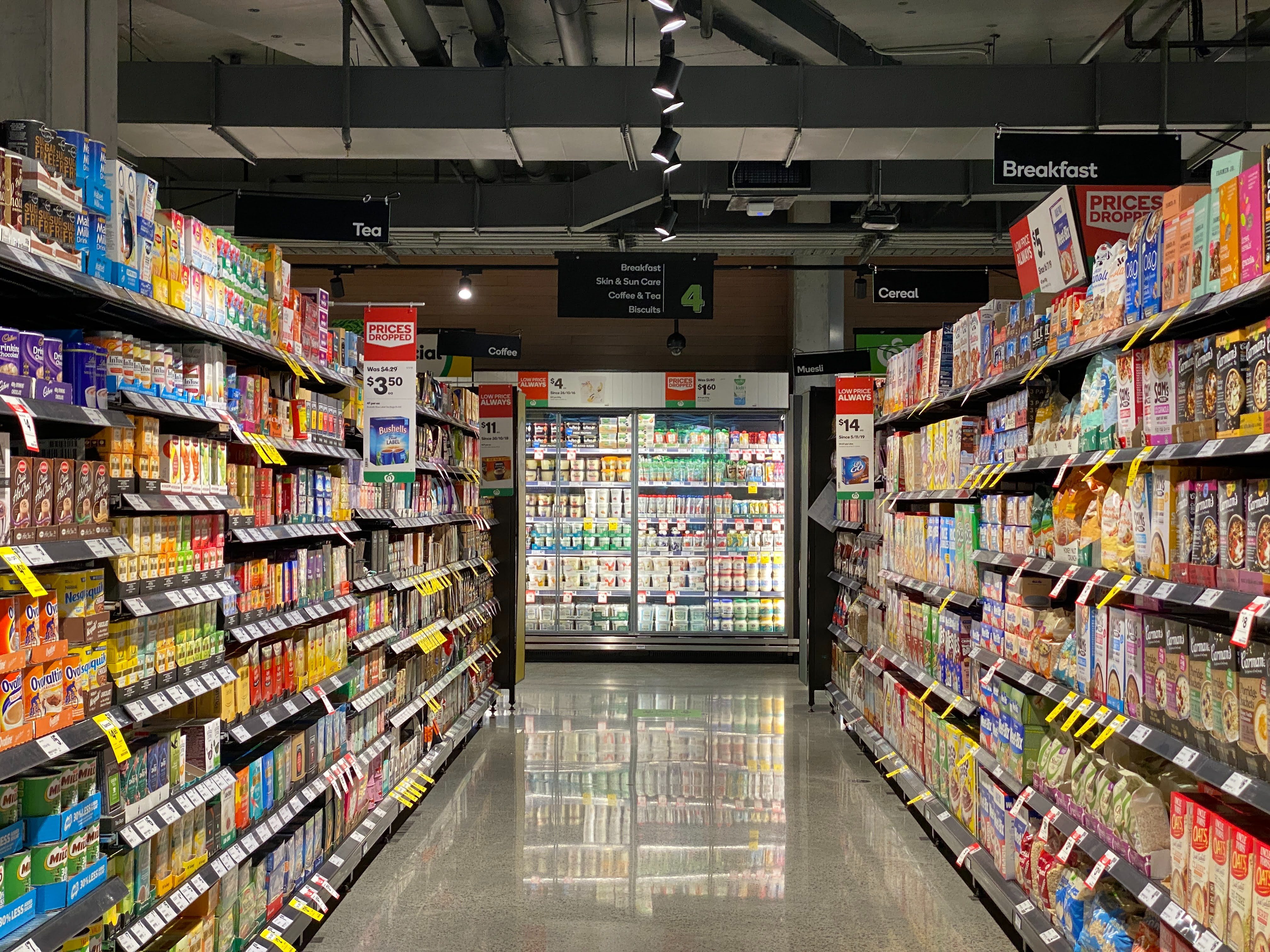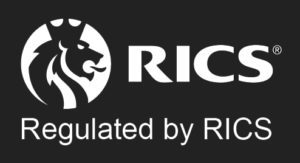Niche Area of Supermarket/Convenience Going Concern Valuation

Property valuations tend to be of the ‘bricks and mortar’ variety, i.e. producing a valuation of the physical building either with vacant possession or based on an investment income stream. In addition to these traditional valuations, the Bannon team regularly undertake specialised valuations of a trading going concern. This involves valuing not only the building but also accounting for the value attributable to the business carried on therein. It is a niche aspect of valuation, whereby we, the valuer are required to understand both the property and the business to arrive at a value based upon the marriage of both elements.
Where traditional property valuations are often based upon comparison transactions including lettings and sales which set benchmarks against which a valuation is assessed, the valuation of a going concern is much more nuanced. One of the main impediments to such valuations is that going concerns are rarely openly traded in the commercial markets and therefore tangible comparison evidence is often scarce or completely lacking.
Even were there to be a bountiful supply of comparison transactions, the intricacies of the valuation of a going concern involves a much deeper understanding of the general industry in which the business operates, as well the mechanics of the subject business.
Bannon has carried out many valuations of convenience store and supermarket going concerns for many years. Based on long-established relationships with retail clients, we have a deep understanding of how these businesses function and the key criteria that impact their trading performance. This understanding provides Bannon with the insight to analyse the trading profit and loss accounts of the business. We understand the profitability of the operation based on establishing a sustainable EBITDAR (Net Earnings) position and the route and cost required to achieve that position.
In forming a view on a stabilised Net Earnings position, we review a number of items including but not limited to the following:
- Turnover history to interpret the strength of the business.
- Operating costs of the business making an assessment as to savings that could be accrued, or conversely where costs should be increased.
- Costs that directly relate to the daily operation of the business.
- Costs that are not intrinsic to the day-to-day operation of the business.
- Any capital expenditure that has been invested or is proposed and the likely impact that this will have on the strength of turnover or costs savings.
- Assess competition – existing and proposed.
After concluding a stabilised Earnings position we then conclude a capitalised value, only after taking account of required capital expenditure and acquisition costs.
A further point that is becoming increasingly important in assessing a business are the ‘Green’ credentials of the building and the operation. Those businesses that have embraced ESG and invested accordingly should see benefits in more efficient operations resulting in cost savings. Businesses that have been slow to move with the times will experience higher costs that will impact the bottom line and reduce operating margins.
The valuation of supermarket going concerns is a highly niche aspect of commercial valuation practice. As market leaders in the retail sector, Bannon is uniquely placed to carry-out such valuations. Contact Ben Semple, Divisional Director and Registered Valuer from the Bannon Valuation Team for more information.
Email: bsemple@bannon.ie
Dated: 13th April 2022





